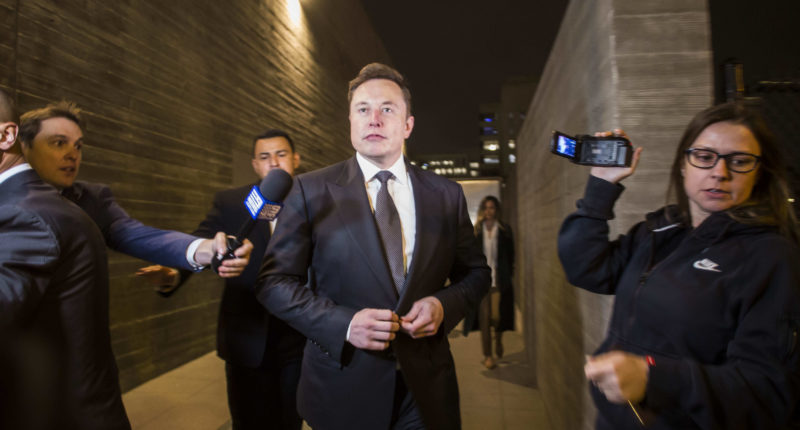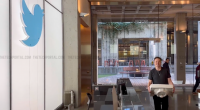After a long time, the end of the months-long standoff between Elon Musk and Twitter are around the corner (that is, if the billionaire has no more tricks up his sleeve), which will mean that the Tesla and SpaceX chief will finally make good on his promise in April and take over the micro-blogging site. This has, for good reasons, raised a lot of questions as to what Twitter under Musk’s reign could look like, and now, the billionaire is trying to quell at least some of those fears.
In an open letter to advertisers, which he posted on Twitter, Musk aimed to reassure them and put an end to several speculations that have run rampant over the month, informing that most of the conjecture regarding his actual reasons for acquiring Twitter are wrong.
Musk sought to mollify their apprehensions by informing that the acquisition of Twitter was not meant to be another venture for him to milk, turn the platform into a cash cow, and add to his already-considerable wealth. He did not offer to make the acquisition “to make more money,” instead, he did so because he was trying to “help humanity,” since “it is important to the future of civilization to have a common digital town square, where a wide range of beliefs can be debated in a healthy manner, without resorting to violence.”
This letter also comes alongside Musk’s visit to Twitter’s San Francisco headquarters, where he assured the employees that he does not intend to fire 75% of the company’s staff. Additionally, it follows several concerns on the part of advertisers regarding Musk’s plans for Twitter. These plans, as stated by Musk earlier, include cutting back on content restrictions and even reversing the permanent bans of accounts that were prohibited to be on the platform because of repeated violations of its rules.
The account of former US President Donald Trump is among them, and Musk had already informed earlier that he would reinstate Trump’s account once he came to power in Twitter. Both of these decisions could have a strong (and not necessarily positive) impact on Twitter’s core ad sales business.
Considering that advertising made up a huge chunk of Twitter’s revenue last year – a staggering 89% – it would not do well for Twitter to have its advertisers clamp down or hesitate just when it had a change of guard and begins a new era under a tech mogul who’s known for his flair of dramatics. Hence, the open letter.
Musk, who identifies himself as a free-speech absolutist, has been a strong proponent of the same on Twitter, but that does not mean that he will let the platform become a breeding ground of misinformation and hate speech. He further wrote in the letter that the platform “cannot become a free-for-all hellscape, where anything can be said with no consequences.” Instead, it must adhere to the laws of the land, and be warm and welcoming to all.
He added, “Fundamentally, Twitter aspires to be the most respected advertising platform in the world that strengthens your brand and grows your enterprise.”
The Tech Portal is published by Blue Box Media Private Limited. Our investors have no influence over our reporting. Read our full Ownership and Funding Disclosure →






